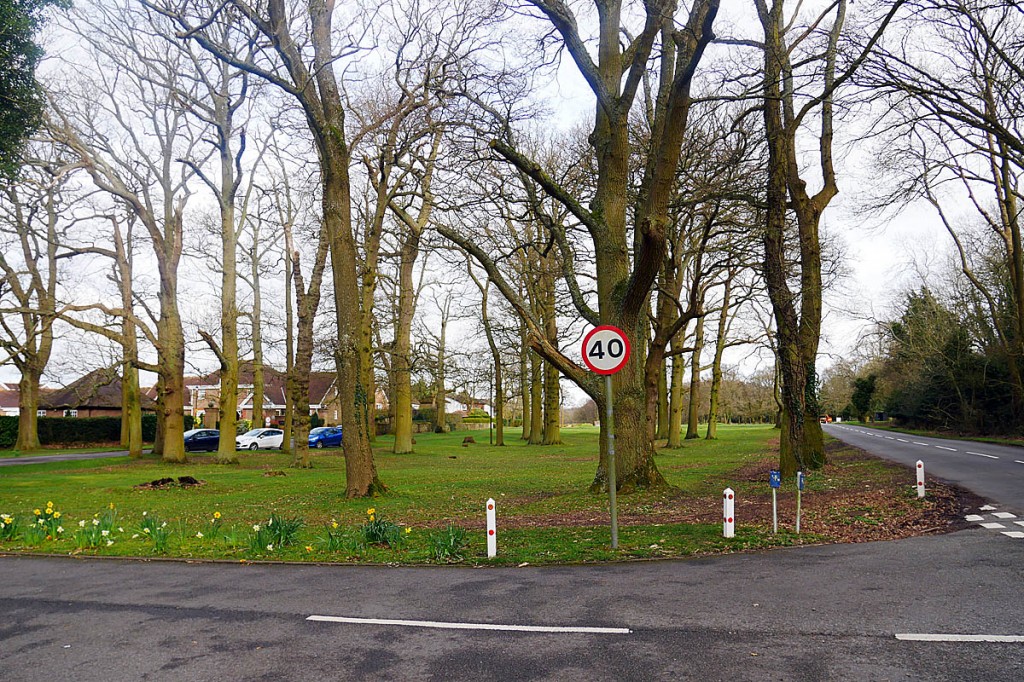Access campaigners battled the clock and difficulties caused by the coronavirus lockdown in a bid to register lost common land for public use.
The Open Spaces Society submitted 78 applications for areas it believes were erroneously omitted from official records.
The organisation had until 31 December to make the submissions in seven pioneer areas in England after the Westminster government refused to extend the deadline despite problems presented by the pandemic.
The society, Britain’s oldest national conservation body, said it was applying to register the precious spaces as common land. “If successful, they will give the public the right to walk, and in some cases to ride on the land and will protect it from encroachment and development,” it said. “The applications will be determined by the commons registration authorities – county or unitary councils – based on the evidence which the society has provided.”
It said the various parcels of land are commons which, for a variety of reasons, failed to be registered during the three-year period allowed by the Commons Registration Act 1965. Later legislation in 2006 re-opened the door to their registration provided they still remain open, uncultivated and unoccupied.
The organisation said its painstaking work involved checking historical records and carrying out site visits, before preparing and submitting the application.
“The society’s work was severely hampered by the closure of the record offices during lockdown, and the difficulty in making site visits owing to the pandemic,” it said. “Despite these difficulties the environment minister John Gardiner lamentably refused to extend the registration period and the society has worked against the clock to get all its applications in before the deadline.”
The largest common the society has claimed is part of Northchurch and Berkhamsted Common in Hertfordshire, but most of the applications are for much smaller areas.
Frances Kerner, the society’s re-registration officer, who led the recent campaign, said: “We are relieved to have submitted, before the deadline, all the applications we considered worthy, and we look forward to them being processed and determined. It has been a fascinating and worthwhile exercise.
“Now we shall turn our attention to Cumbria and North Yorkshire where we have until 15 March 2027 to submit our applications, and to Wales where the deadline is 4 May 2032.”
The seven pioneer areas with the December deadline were: Blackburn with Darwen Borough Council, Cornwall Council, Devon County Council, County of Herefordshire District Council, Hertfordshire County Council, Kent County Council and Lancashire County Council.
The OSS’s general secretary Kate Ashbrook said: “This has been a race against time but, if we are successful, many commons which were wrongly excluded 50 years ago will be restored to the registers for people to enjoy.
“The society led the work to register commons under the Commons Registration Act 1965 and has taken the lead again in researching and championing the lost commons.
“We are grateful to Frances, Landman Consultants, Tomas Hill who worked for us in Cornwall, and the many volunteers who made site visits for us. We are also indebted to the late Jack Candy, whose generous legacy to the society funded this vital work.”
Common land is land subject to rights of common, to graze animals or collect wood for instance, or waste land of a manor not subject to rights. The public has the right to walk on all commons, and to ride on many. Works on common land require the consent of the environment secretary via the planning inspectorate.
Commons had to be registered under the Commons Registration Act 1965, which allowed only three years for registration, after which any eligible but unregistered land ceased to be common. However, in nine areas of England, and in Wales it was possible to register by the December 2020 deadline unrecorded commons which meet particular criteria.
